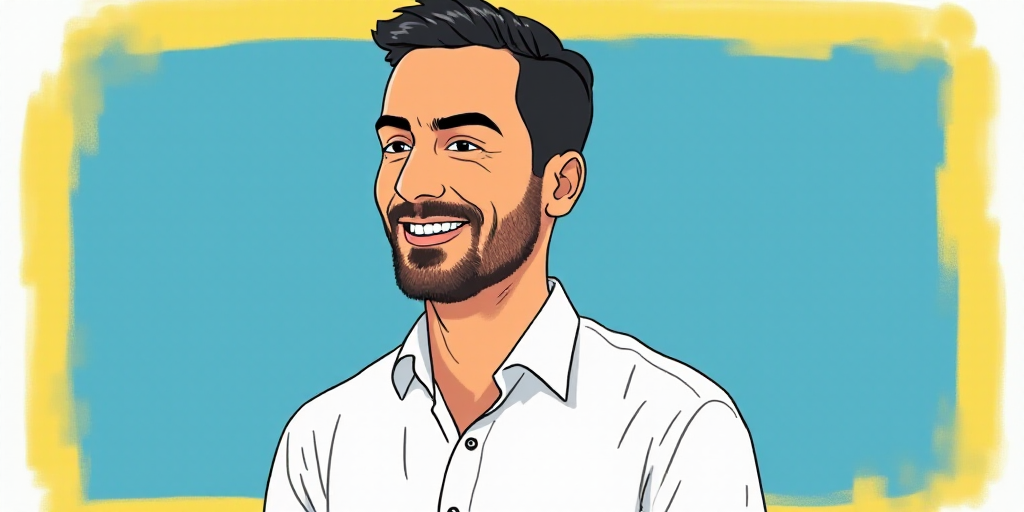The Influence of Our Beliefs on Financial Behavior
Our actions and habits are significantly shaped by our beliefs, many of which are unconscious, and how we perceive the world. Some individuals avoid debt at all costs, shunning credit as if it were a plague and striving to pay off any borrowed amounts immediately. They feel immense guilt when they owe or take on financial obligations.
On the other hand, others live their entire lives in debt, believing credit is not only unavoidable but essential. They use it freely for various purposes.
The Challenge of Changing Beliefs
These beliefs are not easily altered, even with high-quality financial knowledge and education. This is one reason why many individuals, despite reading books and receiving education, struggle to achieve significant changes in their financial habits.
The Importance of Financial Education
Financial education is undeniably crucial. However, it often faces resistance from deeply ingrained beliefs and worldviews. Consequently, modifying our financial habits can be quite challenging.
For instance, someone who grew up witnessing their parents lose substantial sums through investments may develop a deep-seated risk aversion, regardless of the financial education they receive.
Personal Experiences Shaping Financial Beliefs
I have shared in this space about my contrasting financial educations. My father was terrible with money, writing bad checks and stressing over credit card statements. He sometimes struggled to cover the minimum payment.
In contrast, my grandfather was meticulous. He created budgets, had no debts, paid his credit cards in full, and accumulated a modest but sufficient wealth to maintain his lifestyle alongside my grandmother for the rest of their lives.
This contrast undoubtedly influenced my life. However, I had to learn many other things. My grandfather’s strong risk aversion stemmed from living through two wars, emigrating, losing everything, and starting over multiple times. This did not significantly impact me, though it inspired me to understand more about this world.
Family and Cultural Influences on Financial Behavior
Numerous studies demonstrate the impact of familial characteristics on individuals’ financial behavior. People whose families have higher education levels and discuss finances at home tend to exhibit better financial practices in their lives.
However, family is not the only influence. Cultural factors also play a crucial role. In the United States, for example, people enjoy showcasing their wealth, viewing accumulation as a sign of success and status. Public figures often enjoy drawing attention to their wealth.
In contrast, other countries value privacy and discretion more. Therefore, true financial education goes beyond understanding financial concepts; it’s about applying this knowledge in daily life to make informed decisions.
Challenging Underlying Beliefs for Financial Transformation
To transform our relationship with money, we need to comprehend and challenge the underlying beliefs that have shaped our attitudes towards money over the years.
For example, if someone has a deep-seated aversion to credit due to past or familial experiences, it’s crucial to recognize and accept that this aversion is more emotionally based than factually grounded.
Once acknowledged, these beliefs can be challenged through financial education and exposure to new ideas. This allows for a more open and flexible mindset towards money, enabling better-informed and strategic financial decisions that significantly improve long-term well-being.
Key Questions and Answers
- Q: How do our beliefs affect our financial behavior? A: Our actions and habits are significantly shaped by unconscious beliefs and how we perceive the world. These beliefs can lead to avoiding debt or living with constant debt, influencing our financial decisions.
- Q: Why is changing financial beliefs challenging? A: Despite acquiring financial knowledge, deeply ingrained beliefs and worldviews often resist change, making it difficult to modify financial habits.
- Q: What role does personal experience play in shaping financial beliefs? A: Personal experiences, such as witnessing parents’ investment losses or a grandparent’s frugal lifestyle, can shape an individual’s financial beliefs and risk aversion.
- Q: How do family and cultural factors influence financial behavior? A: Higher family education levels and open discussions about finances at home contribute to better financial practices. Cultural factors, such as the desire to showcase wealth, also impact financial behavior.
- Q: How can we transform our relationship with money? A: By understanding and challenging underlying beliefs, we can adopt a more open and flexible mindset towards money. This leads to better-informed financial decisions and improved long-term well-being.






